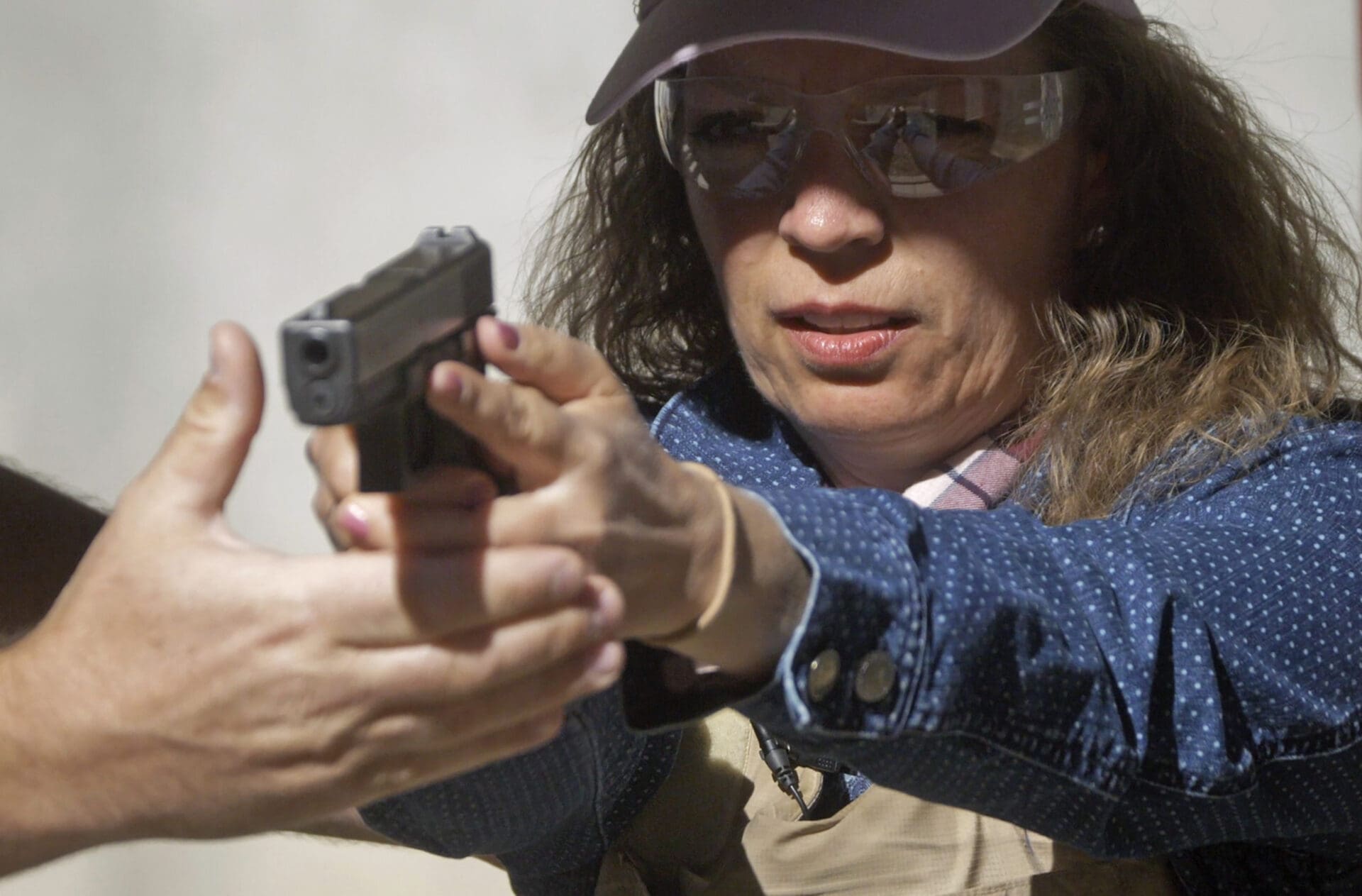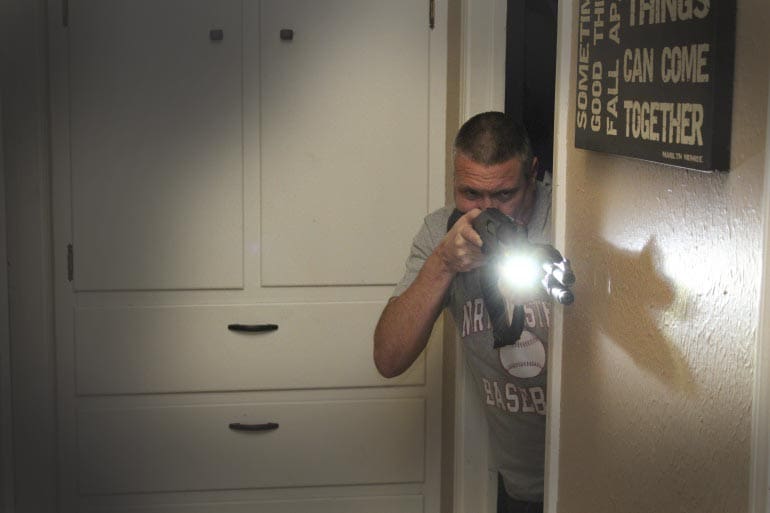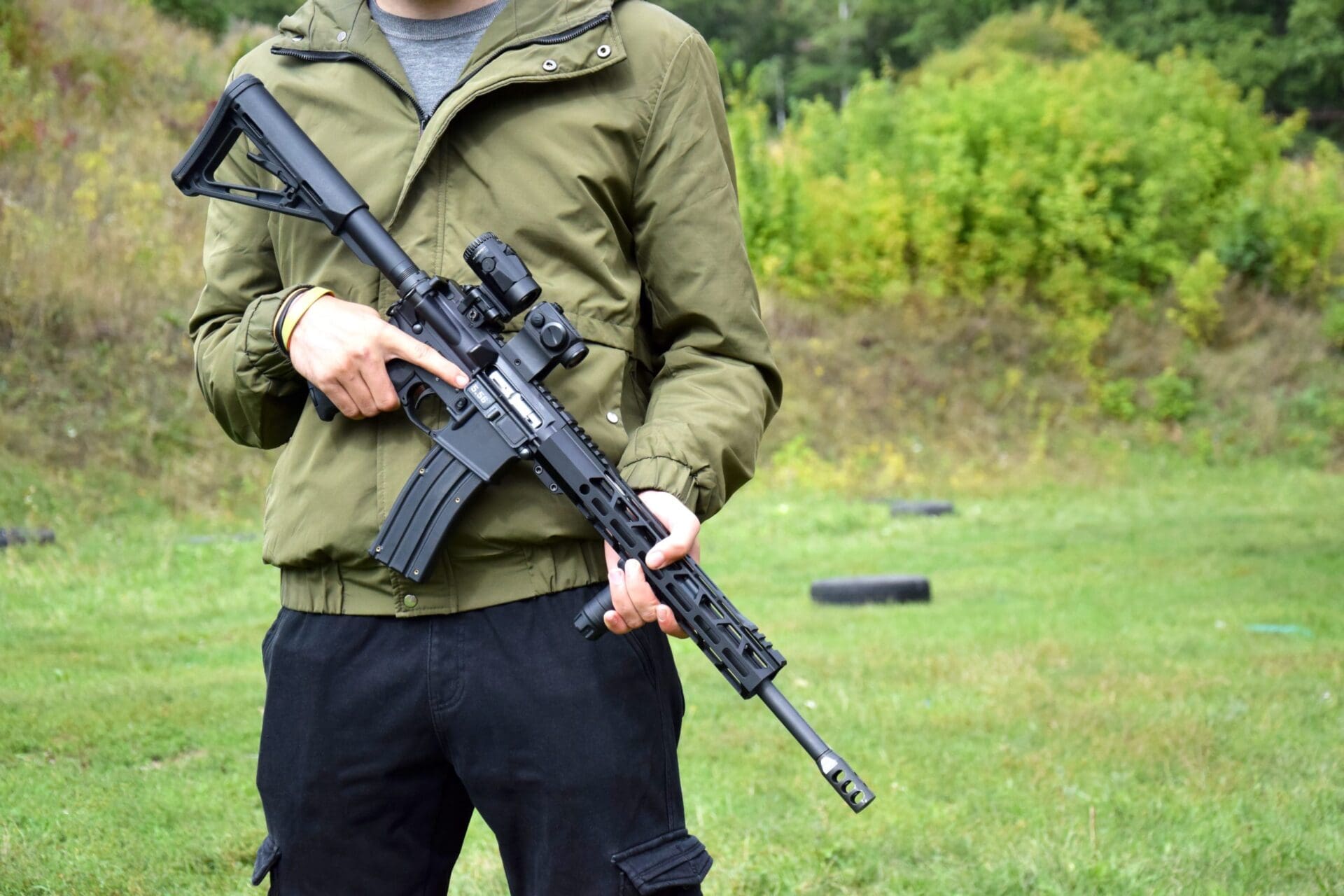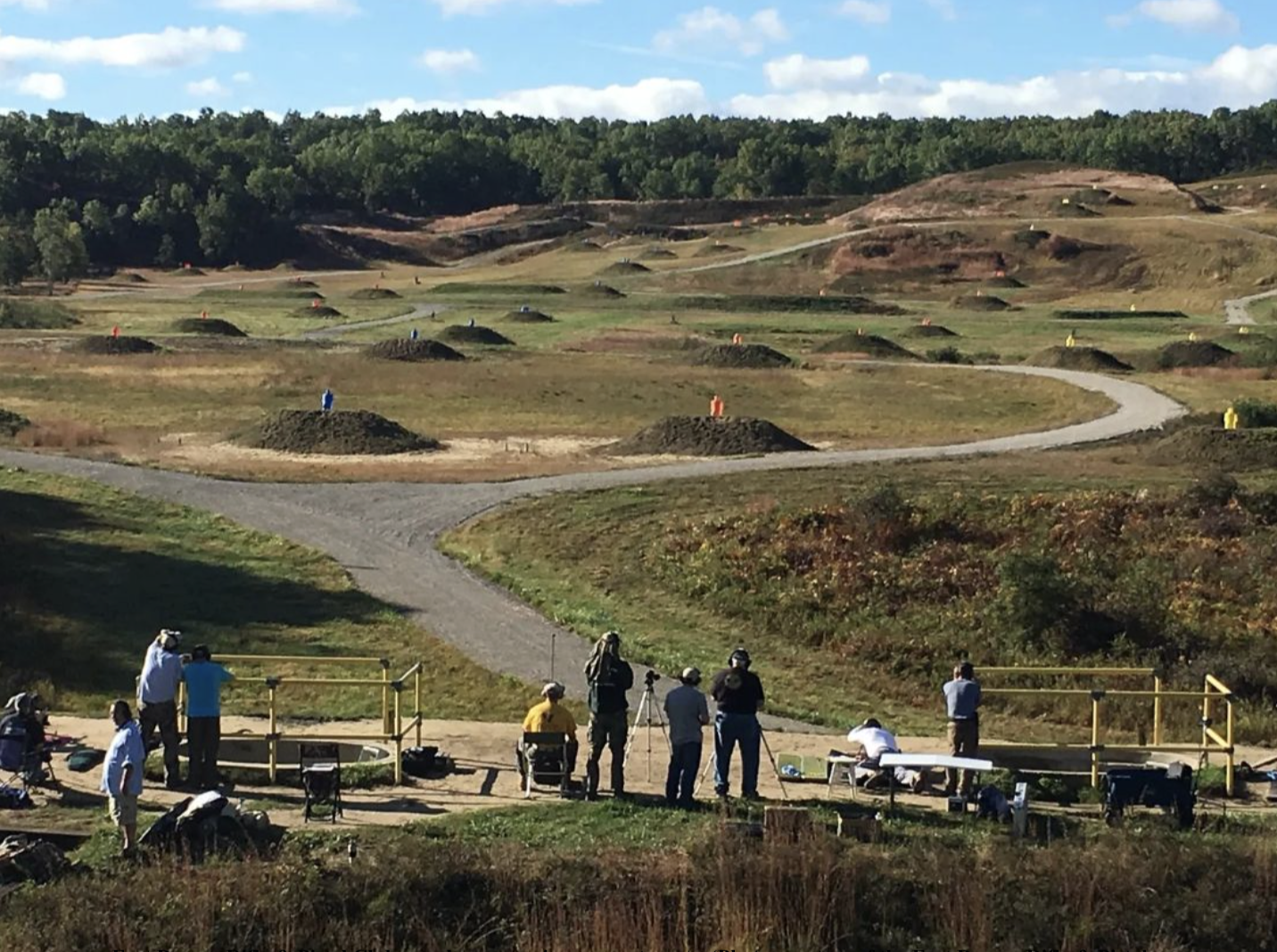By Paul Markel
Just like clockwork, when people who don’t own or carry guns are faced with the reality that we live in a dangerous, uncertain world, they look to their “gun friends” for advice. Sometimes this is a personal situation. They’ve been robbed, assaulted, threatened, etc. and they seek out advice from someone they know who owns guns.
As often as not, what will inspire the non-gun owning/carrying people to seek out advice is a national or world crisis. Witness the gun sales during the Covid panic. Now, we have the threat of not one, but two conflicts/wars into which the US Government is driving us.
People saw the carnage that went on in Israel where the country’s IDF and security forces were too little and too late to prevent the horrible deaths of well over a thousand unarmed citizens, a good portion of them elderly, women, and children. Americans rightly question whether that could just as easily happen here in a local shopping mall, church, or school. The natural reaction is for the unarmed to go to their gun-owning friends for advice.
During this piece we’ll set some ground rules for you, the one who’s being asked for advice, so that you can give these people some sound, practical, good counsel.
Keep in mind, this is deadly serious business. Your neighbor isn’t coming to you asking for a chicken soup recipe or tips on how to improve their golf swing. Bad advice regarding self-defense or carrying a gun can lead to good people making poor decisions or getting hurt. We need to address this topic with that in mind.
1 – Ask Thoughtful Questions
If you should find yourself in a position where people are coming to you for “gun advice,” that can be an ego boost. You’ve been a gun person your whole life and now your neighbor Jim has come to you wanting to know which gun he should buy to protect his family.
The first thing you should do before you offer any advice is to take a deep breath, park your ego, and ask a few of questions to the person seeking your counsel.

Question Number One: How did you come to the point where you decided that you need to own/carry a gun? What happened?
Question Number Two: What are you planning to do with the gun? As in, will they keep it in the house for home defense or carry it on their person, à la concealed carry.
Question Number Three: Are you willing or prepared to spend the money to attend a formal training school so as to have the genuine skill and confidence required?
2 – Listen
Yes, actually listen to the answers to the previous questions. Far too often, the typical gun guy will be asked what gun he would buy for home defense…and he’s off to the races, going on at length pontificating about his favorite blaster.
Stop yourself from doing that.
Listen deliberately to the answers the person gives you to the above questions. What they say will tell you a lot about where their mindset is at the moment. For instance, if someone says that they “don’t want to waste time and money on training” that’s a dangerous mindset. As in, they’re going to hurt themselves or someone else sooner or later.

If the person says they just want to keep a gun in the house “just in case,” then they certainly don’t need a sub-compact pistol. If the gun will never be carried outside the home, they don’t need a handgun at all and they would be better served by a long gun of some sort.
3 – Offer Thoughtful Advice
Keep in mind, the advice you give is for them. I know that sounds obvious, but I’ve stood in gun stores and listened while the guy behind the counter gave advice that was ill-suited for the recipient.
For example, I heard a woman tell the guy behind the counter she wanted a gun for home defense. He asked her if she had any experience, to which she replied that her father was a State Trooper and she had fired his service revolver on several occasions.

Rather than steering her toward a full-sized handgun for home defense, the guy behind the counter moved her down to the compact revolver area of the counter and tried to sell her one of those. I’m guessing his commission on a Smith & Wesson J-frame must have been considerable.
I kept my mouth shut and when she walked away from the counter, I offered her my two cents. I expressed that if she wanted a home defense gun and was comfortable with the kind of gun her dad had, go in that direction.
4 – Be Honest
I know the assertion, “be honest” may seem insulting to some. However, ego can be quite a potent drug. If your friend/neighbor/whomever asks you a question for which you don’t have a solid answer, don’t be afraid to say, “I don’t know, but we can find out.”

I don’t want to seem melodramatic, but you’re potentially in a position where the advice you give could save the person’s life or the lives of their family members. At the same time, if you give them poor advice or advice that doesn’t address their genuine concerns, you could be setting them up for failure.
If you don’t or never have carried a gun concealed every day, you really aren’t in a good position to give a person advice for the best concealed carry gun or best holster to buy. Be honest, don’t bullsh!t them just because you feel like you need to have an answer.
Sometimes when people ask us questions for which we do not have the answer, we have a wonderful opportunity to increase our own knowledge base and learn. Instructors encounter this quite often. Good instructors will respond, “That is an interesting question. You’re the first person to ask me that. Let’s see if we can figure out the answer together.” Don’t be afraid to do that.
Paul G. Markel is the founder of Student the Gun University and has been teaching Small Arms & Tactics to military personnel, police officers, and citizens for over three decades. He is the author of numerous books and is a combat decorated United States Marine veteran








